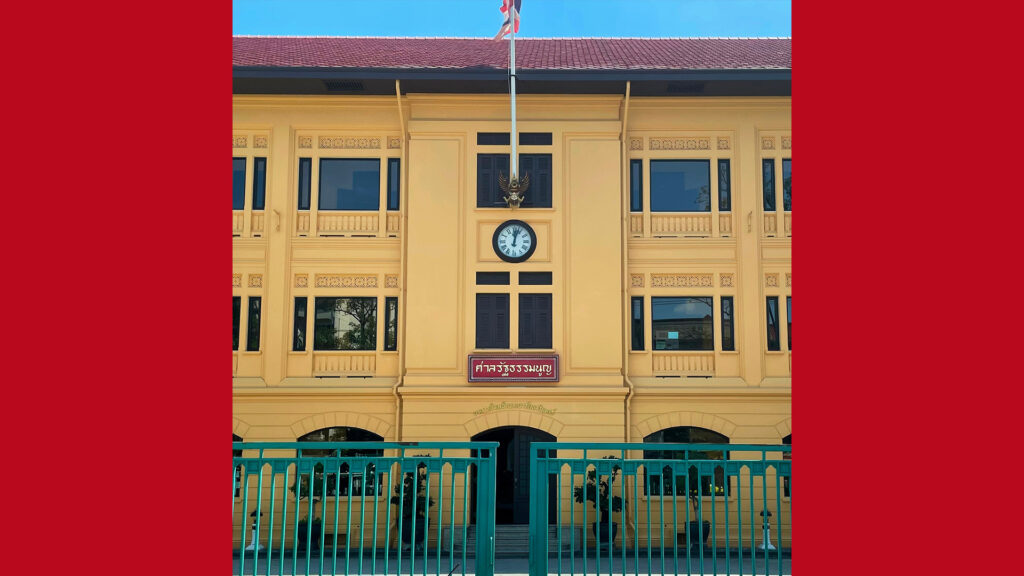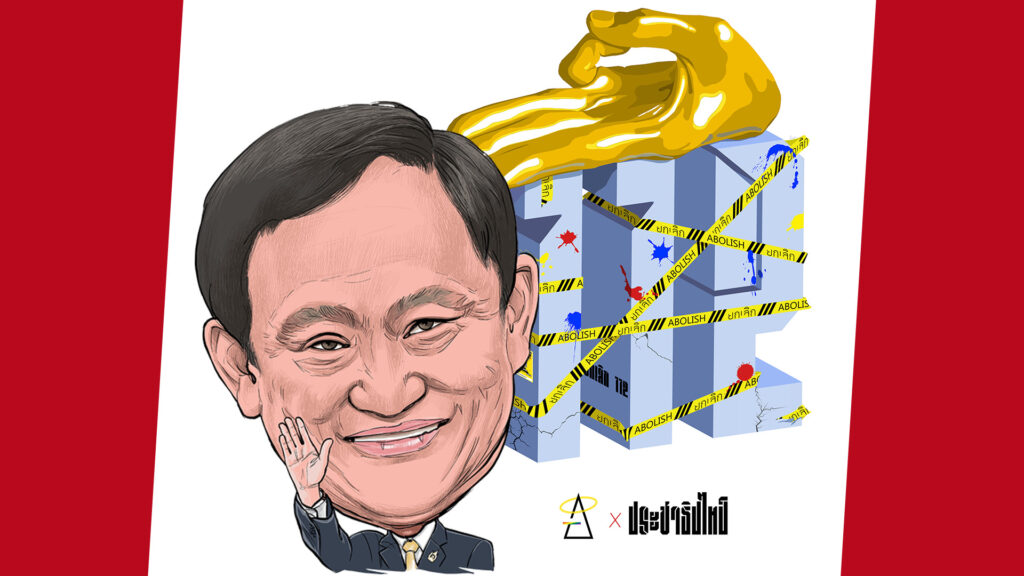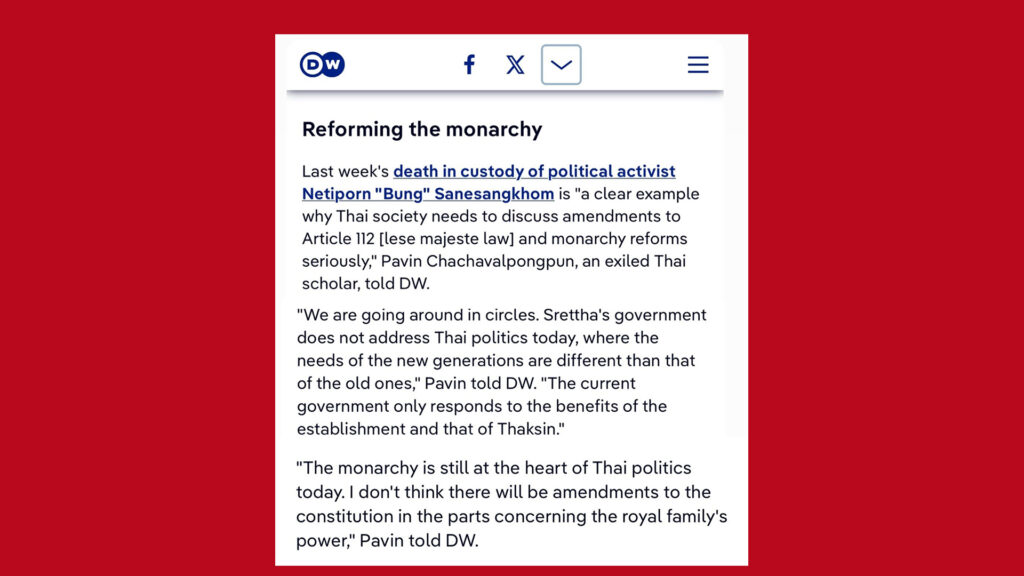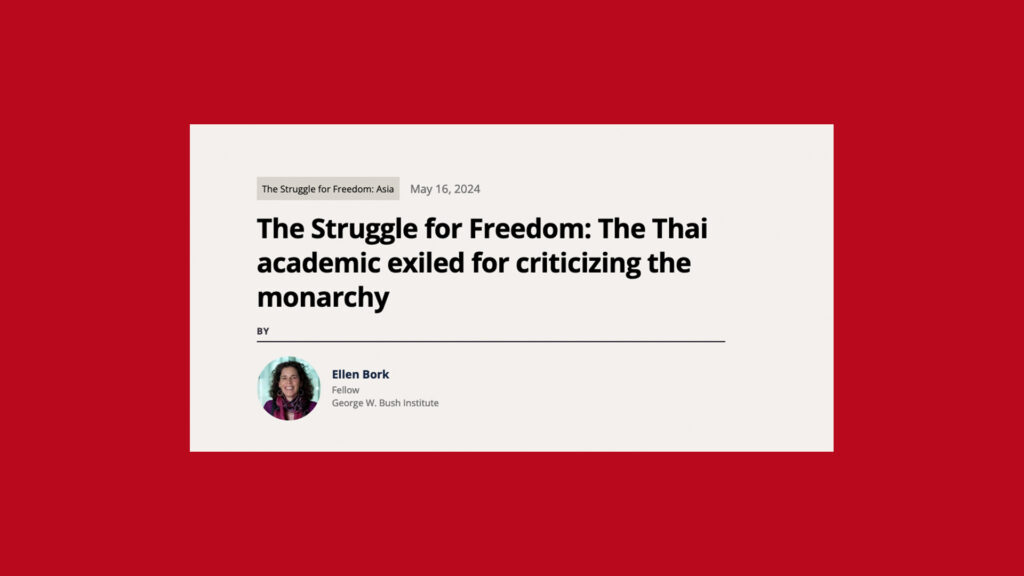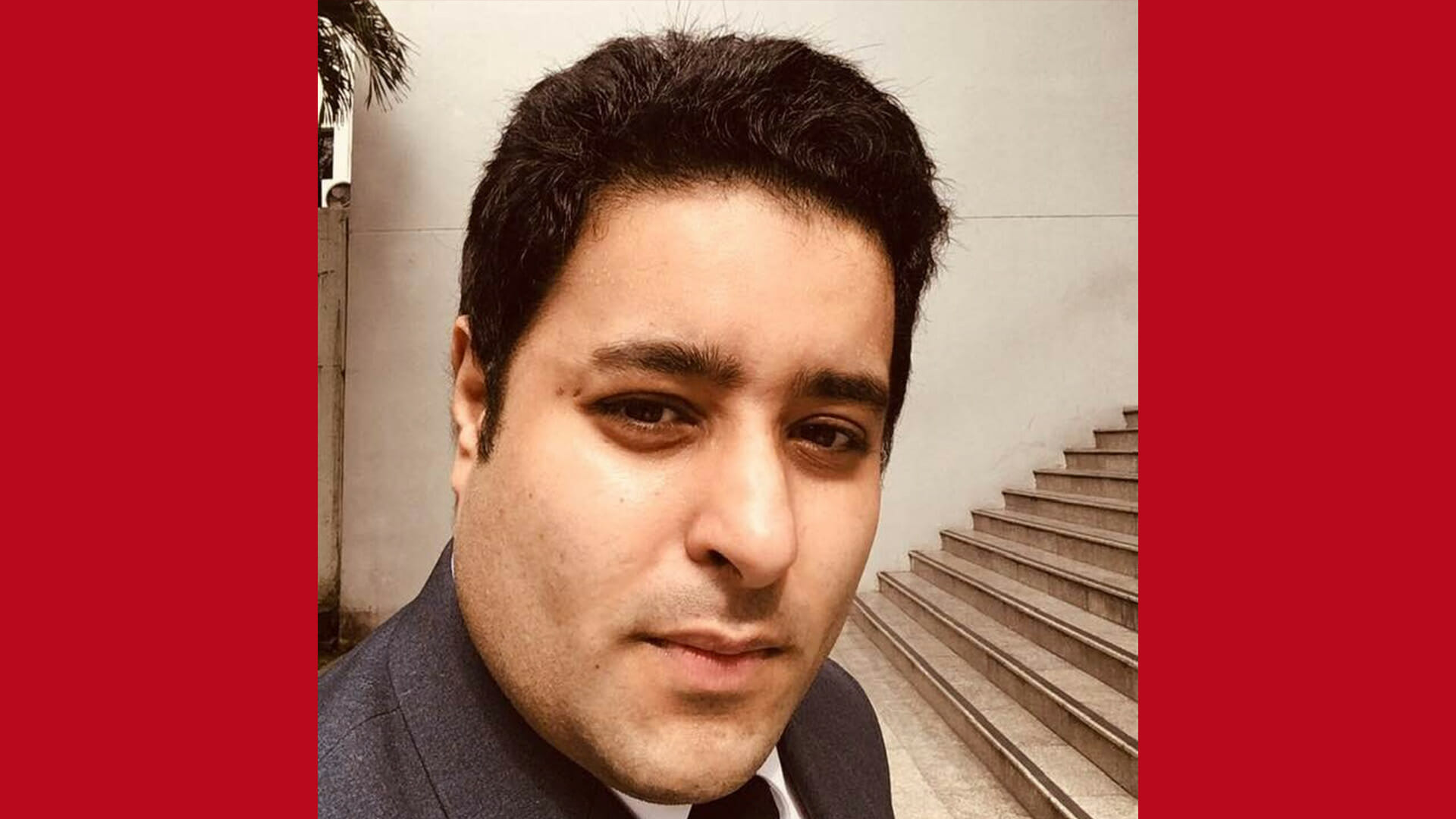
Thailand's Lèse-Majesté Law: Igniting Reform or Suffocating Democracy?
Prem Singh Gill is a Visiting Scholar at the Universitas Muhammadiyah Yogyakarta, Indonesia and a Visiting Scholar at Thammasat University.
April 17, 2024
Thailand’s Criminal Code, Section 112, commonly known as the lèse-majesté law, holds considerable power to imprison individuals for criticising the monarchy. This law exerts a profound influence on Thai society, fostering an atmosphere of apprehension and constraint within the country's socio-political landscape. Before embarking on the revision of Section 112, it is crucial for Thailand to encourage scholarly and educational discussions to enhance understanding of its implications. Additionally, ensuring clarity and transparency in legal proceedings, including the dissemination of court verdicts, is essential. However, it raises a critical question: Does Thailand's apparent collusion between a fugitive and the establishment represent a necessary compromise for stability, or does it indicate a perilous erosion of democratic principles and the rule of law?
Back in the mid-2000s, Thai Rak Thai, known for its democratic principles, faced dissolution. This was the political party of former Prime Minister Thaksin Shinawatra, banned by the constitutional court for election fraud. In a stark contrast, the Move Forward Party (formerly the Future Forward Party) now stands on the verge of dissolution, accused of threatening national security due to its campaign to amend or even repeal Section 112. Amidst the speculation surrounding Thaksin alleged deal with the establishment, it becomes apparent that a thorough understanding of legal intricacies and transparent judicial verdicts are imperative. Enabling scholars and students to educate themselves on such matters would mitigate the risk of public confusion or misinformation.
Given that the Pheu Thai Party (formerly the Thai Rak Thai Party) was once labelled with American attributes, it has now taken a U-turn by aligning itself with royalists and joining the military coalition. This shift underscores the fluid and complex nature of political allegiances in Thailand, where pragmatism often trumps ideology.
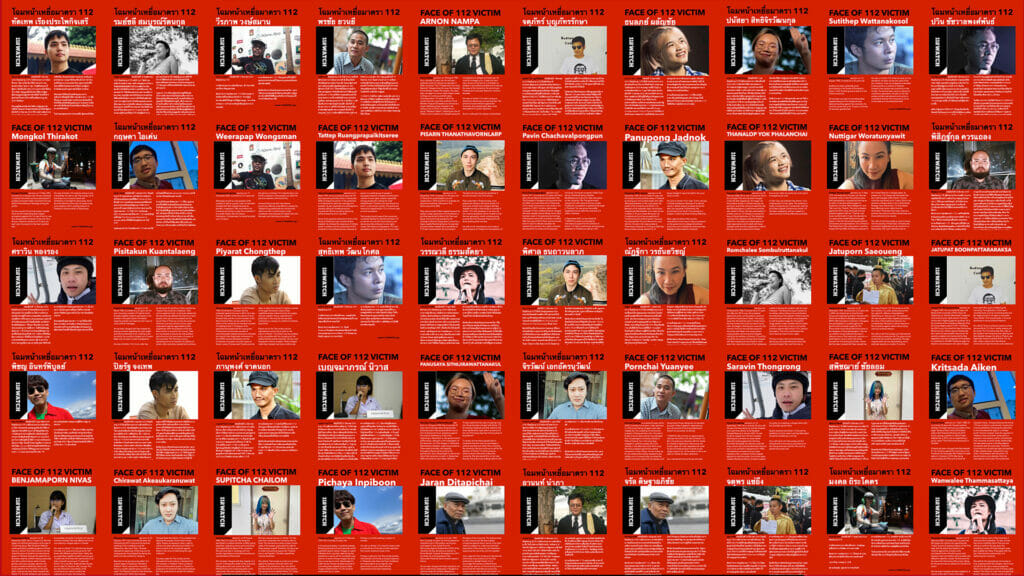
Meanwhile, hundreds of victims, like Somsak Jeamteerasakul in France and Pavin Chachavalpongpun in Japan, have sought refuge abroad due to the oppressive reach of Section 112. Many others have been wrongly arrested and even killed under the pretext of violating this draconian law. Their stories serve as poignant reminders of the human cost of political repression and the urgent need for reform.
Thaksin's prolonged exile, spanning over 16 years, has not dulled his influence or ambition. Instead, it has provided a stage for a high-stakes political drama, where deals are struck behind closed doors, and power dynamics shift like sand in the wind. The alleged accord between Thaksin and the establishment, cloaked in secrecy and speculation, underscores the murky nexus between politics and privilege in Thailand.
What then, justifies this apparent collusion between a fugitive and the very institutions entrusted with upholding justice and protecting the rights of citizens? The answer lies in the labyrinthine corridors of power, where self-interest and survival intertwine with the fate of nations. For Thaksin, a man driven by ambition and avarice, the allure of regaining power and influence outweighs any concerns for democracy or justice. In the eyes of the establishment, Thaksin's return could be viewed as a strategic move to shore up support and maintain stability in a volatile political landscape.
However, the implications of such a Faustian bargain extend far beyond the realm of political expediency. They cut to the heart of Thailand's democratic aspirations and the rule of law. While Thaksin enjoys the possibility of absolution, countless victims languish under the weight of Section 112, their voices silenced, their freedoms curtailed. The stark juxtaposition of Thaksin's privileged position with the plight of these individuals highlights the inherent injustices embedded within Thailand's legal framework.
Moreover, the role of the military in perpetuating this cycle of oppression cannot be overstated. With a stranglehold on Thai politics for nearly a century, the military has wielded its influence as the self-proclaimed guardians of the constitution, often at the expense of democratic principles and human rights. Under the guise of protecting national security, the military has sanctioned the excessive use of Section 112 to stifle dissent and crush political opposition. The perils faced by movements like the Move Forward Party underscore the importance of legal clarity and transparent judicial proceedings. Allowing scholars and students to engage openly with the intricacies of laws like Section 112 would empower individuals to navigate the complex socio-political landscape without fear of arbitrary persecution.
In this context, the plight of the Move Forward Party serves as a poignant example of the perils of challenging the status quo. Labelled as a threat to national security for their advocacy of Section 112 reform, the party finds itself teetering on the brink of dissolution, a casualty of entrenched power dynamics and institutional inertia, Thaksin's purported agreement with the establishment hangs ominously, overshadowing any prospects for substantial reform.
Yet, amidst the gloom, a glimmer of hope emerges—a call for transparency, accountability, and justice. The clamour to unlock Section 112 from its draconian shackles reverberates through the halls of academia and civil society, demanding an end to the culture of fear and impunity. As Thailand grapples with the complexities of its legal framework, it is imperative that the path to reform begins with education and transparency. By enabling scholars and students to educate themselves on laws like Section 112 and ensuring fair verdicts from the courts, Thailand can lay the groundwork for a more just and equitable society. Only through informed discourse and transparent legal processes can the nation move towards a future where justice prevails for all its citizens.
Moreover, opening the courts to deliver clear and fair verdicts on Section 112 cases would be a vital step in rebuilding trust in the judicial system. This action would not only reinforce the monarchy's position by upholding the law but also signal a commitment to ensuring justice and transparency, thereby strengthening the monarchy. Although having Thaksin supporters and himself as a top-up will not strengthen much, it would still signify a significant shift in the balance of power and perception, potentially challenging the entrenched authority associated with the monarchy.

However, the path to reform will not be easy. Entrenched interests and vested power structures stand in the way, resistant to change and reform. Yet, the voices of the oppressed and marginalised cannot be silenced forever. As the tide of history inexorably shifts, Thailand stands at a crossroads, where the choices made today will shape the destiny of generations to come.
In a nutshell, the plight of victims, like Somsak and Pavin, coupled with alleged collusion between Thaksin Shinawatra and the establishment, emphasises the urgent need to reform Thailand's Section 112. This law suppresses dissent and undermines democratic principles. Transparent judicial proceedings and scholarly discourse are crucial for understanding and challenging Section 112's implications. Repealing the law would restore trust in the legal system and confront entrenched authority. Despite expected resistance, embracing transparency, accountability, and justice is vital for safeguarding the rights of all citizens, including those protected by Section 112.
